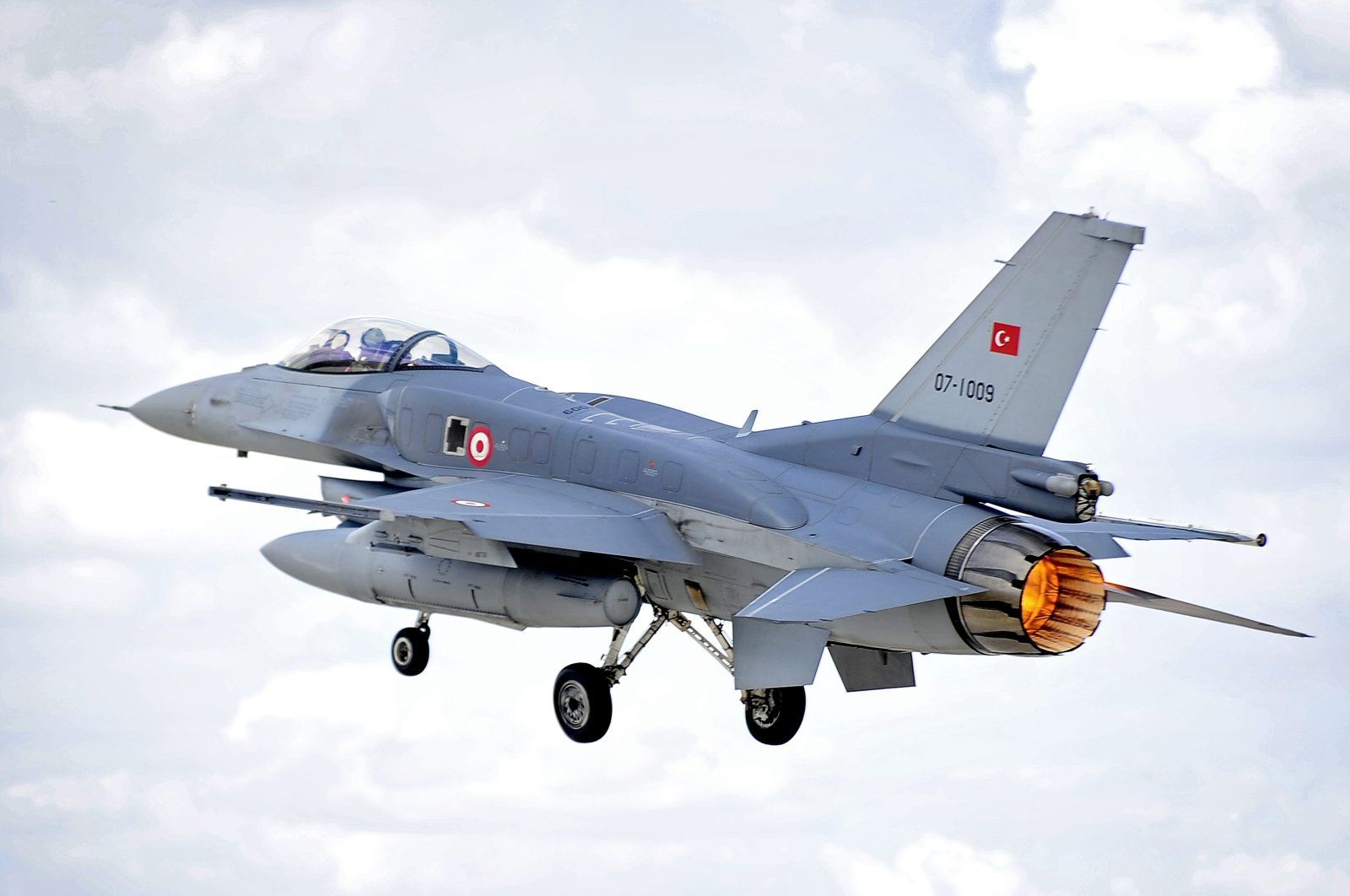Turkey’s President Tayyip Erdogan has been holding Sweden’s NATO membership for ransom. He demands the US come through on its promise to sell F-16 Vipers to the transcontinental country at the juncture of Southeast Europe and West Asia.
The upgraded F-16s are not only a matter of convenience for Istanbul, it is also imperative financially and strategically. Since the US booted out of the F-35 development program for buying the Russian S-400 fighter jets, Turkey has been seeking to buy 40 F-16 warplanes along with 80 modernization kids for the existing F-16s in its inventory.
Turkey had ordered 100 F-35s to meet the need of its air force to maintain parity with its adversary Greece. The F-16 sale is President Erdogan’s way to recover the US$1.4 billion spent on developing the fifth-generation fighter jet. Turkey has been suggesting the US sale of F-16s to meet this debt.
In the present climate, Turkey’s proximity to Russia has been on the rise. Istanbul could opt for Russian fighter jets, but much is at stake.
In the past, Erdogan has hinted that Turkey could buy the Russian-made Su-35s and Su-57s, and the NATO community that has been in a fix after its S-400 purchase started debating the prudence of alienating Istanbul further.
However, the truth remains that the Russian warplanes were technically lacking and expensive to integrate with Turkey’s existing US-sourced military hardware. Also, the Turkish Defence Ministry found that adapting to the Russian system would be more tedious.
This is not unthinkable, as most of Turkey’s military capability comes from US weapons and training. Turkey’s air combat fleet and most battle tanks are sourced from the US. Between 2019 and 2020, the US gave Turkey nearly $5 million for international military education and training.
Also, the most significant factor is that for all its resistance to NATO, Turkey has benefited due to its NATO membership. “Even if the US ceases arms sales to Ankara, Turkey is not going to commit to wholly siding with Russia and risk alienating its European partners or losing the benefits of NATO membership,” a journalist based out of Turkey told the EurAsian Times.
The past five years have been tumultuous for the Turkey and NATO relationship with disagreements on Syria policy, Turkey’s growing proximity with Moscow, its naval ambitions in the eastern Mediterranean, and Istanbul’s eroding human rights record. Despite this, Erdogan wants Turkey’s accession to the European Union and will not go on an all-out war with its NATO allies.
The sentiments in the US Congress against Turkey’s betrayal by going ahead with the S-400 surface-to-air missile seem intractable. The US has opposed the purchase that the S-400 system can help Russia glean tactical information on the US weaponry and military operations as the S-400 can track the F-16s.
Growing Tech Superiority Of Greek Air Power
Greece’s air force is expected to have a technologically more advanced fighter fleet in a few years. Athens expects to take delivery of the last of the 4.5-generation Dassault Rafales F3R fighters — it purchased 24 — from France by January 2025.
While Turkey’s flirting with Russia has jeopardized the modernization of its existing F-16s, the Hellenic Air Force’s F-16s are being upgraded by Lockheed Martin. The 83 fighter jets post upgradation will be brought to Block-72 standards.
When Greece gets all these jets upgraded by June 30, 2027, the HAF will have Europe’s most advanced F-16 fleet. These jets are more advanced than the 270 Block 30/40/50 variant F-16s that make up the backbone of Turkey’s fighter fleet.
“If our project to modernize the F-16 aircraft fails, and Greece realizes its projects, the Greek side will gain the upper hand in combat aircraft in 2025,” said retired Turkish Air Force commander General Abidin Unal. “Therefore, our program to procure 40 F-16 Viper aircraft and modernize up to 80 F-16s is vital.”

Even if the F-16 sale gets US Congressional approval today, it will be a while before Turkey receives its new Vipers owing to the massive production backlog due to previous orders.
Moreover, Greece has also expressed interest in purchasing 20 F-35 Lightning II stealth fighter jets. While Athens won’t get the F-35s till the second half of this decade, it will soon have the upper hand over the Turkish Air Force. Also, if Greece opts for second-hand F-35s, it can shorten the delivery time considerably.
In the 2023 Global Firepower index, Greece and Turkey are listed as significant flashpoints today, which is unsurprising given their ongoing tensions. Turkey was ranked more powerful than Greece in every category, including air power. While that will unlikely change anytime soon, Athens could garner a clear qualitative advantage with these fighter procurements.
- Ritu Sharma has been a journalist for over a decade, writing on defense, foreign affairs, and nuclear technology.
- She can be reached at ritu.sharma (at) mail.com
- Follow EurAsian Times on Google News




